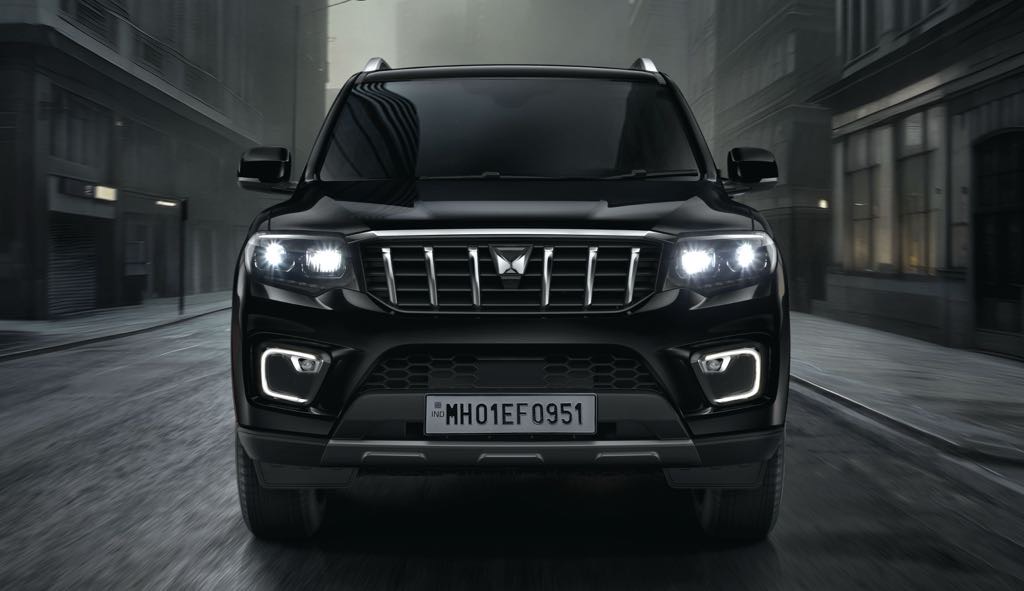
India’s leading automaker, Maruti Suzuki, is now the world’s 9th most valued car manufacturer, thanks to a massive surge in market valuation. The company credits this major celebratory milestone and the accompanying boom in sales to the GST 2.0 reforms implemented on September 22nd.
- Maruti Suzuki enters the global top 10, marking a first for an Indian automaker.
- Stock rally and GST 2.0 reductions are driving strong growth and customer demand.
- Expansion of SUVs and EVs sets Maruti on a path to long-term market leadership.
India’s Maruti Suzuki joins global auto elite
For the first time, an Indian carmaker ranks among the world’s top 10
For the first time in history, an Indian automaker has entered the global top ten by market valuation. Maruti Suzuki, the Indian subsidiary of Japan’s Suzuki Motor Corporation, now stands shoulder to shoulder with international automotive giants.
As of September 2025, Maruti Suzuki’s market capitalization reached Rs 5.03 trillion (around USD 56.7 billion), surpassing Volkswagen (USD 54.3 billion) and Ford (USD 47.7 billion). Remarkably, this also exceeds the valuation of its parent company, Suzuki Motor Corporation, which holds a 58.19% stake in Maruti Suzuki and is valued at USD 28.7 billion, ranking 17th globally.
| world’s biggest car companies | ||
|---|---|---|
| Company | Market cap (in USD) | Headquarters |
| Tesla | 1.47 trillion | Austin, US |
| Toyota | 314 billion | Toyota City, Japan |
| Xiaomi | 174.8 billion | Beijing, China |
| BYD | 133 billion | Shenzhen, China |
| Ferrari | 92.7 billion | Maranello, Italy |
| BMW | 61.3 billion | Munich, Bavaria, Germany |
| Mercedes-Benz | 59.8 billion | Stuttgart, Germany |
| Honda | 59 billion | Minato City, Tokyo, Japan |
| Maruti Suzuki | 57.6 billion | New Delhi, India |
| GM | 57.1 billion | Detroit, US |
The milestone shows how India’s largest carmaker has outgrown its parent in scale and influence. With a focus on sub-4 metre cars, Maruti is well-positioned to benefit from the GST cut on this segment.
Maruti Suzuki powers ahead on growth surge
Stock gains and GST cuts are driving Maruti’s rapid growth.
The company’s growth is reflected not only in market value but also in its stock performance. On 26 September 2025, Maruti Suzuki’s share price jumped from Rs 10,725 to Rs 16,435, a rise of 53.2%, outpacing the Nifty Auto Index’s 43.5% growth. Investor confidence has been driven by consistent financial performance, strategic product launches, and timely adaptation to policy changes.
The rollout of GST 2.0 has provided an additional boost, with B-segment vehicles, which form a large part of Maruti’s portfolio, now taxed at 18% instead of 28%. The company has passed the full savings to buyers, resulting in 80,000 enquiries and 25,000 deliveries on the first day of the new rates.
Driving ahead: Maruti’s SUV and EV push
Maruti is positioning itself for sustained growth and market leadership
Maruti is also expanding its SUV lineup to capture a larger market share. The recently launched Victoris SUV offers petrol, CNG, hybrid, and 4WD options, while the e-Vitara electric SUV strengthens the company’s foothold in the EV segment.
With strong policy support, rising investor confidence, and a broadening product portfolio, Maruti Suzuki continues to consolidate its position as a dominant player in both domestic and global markets, signaling sustained growth for the foreseeable future.
Also see:
Maruti Suzuki prices after GST cuts: The Swift gets a lakh cheaper



